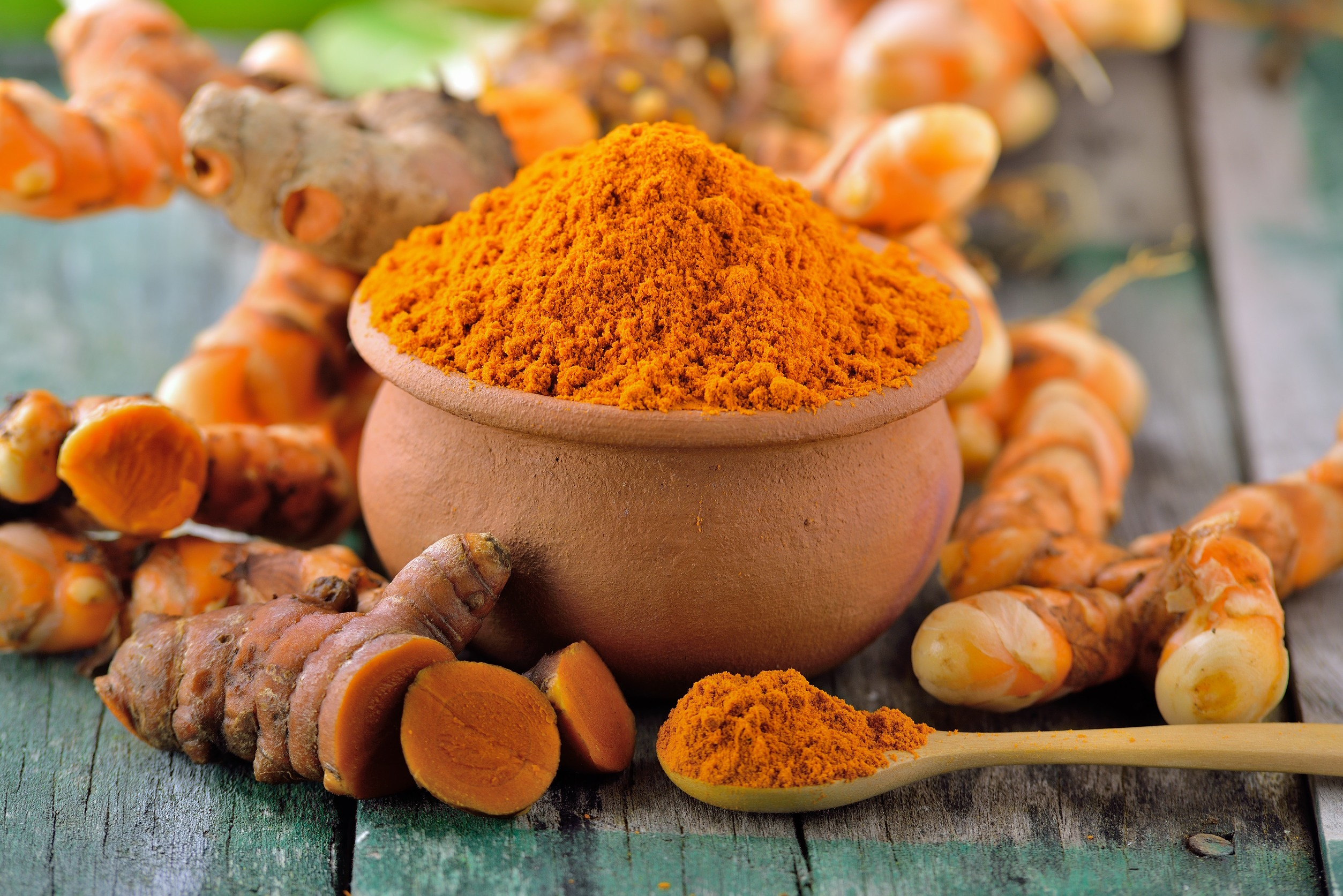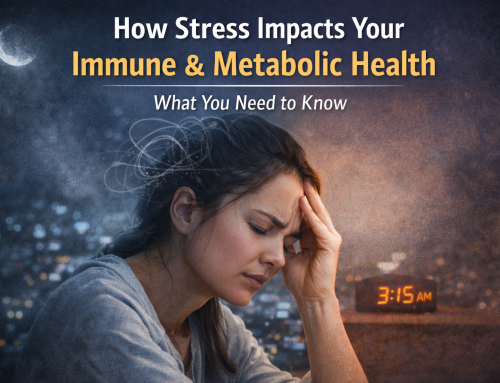Are herbal supplements safe? Did you know that taking certain herbal supplements may cause liver damage? Just because it’s an herb doesn’t mean it’s risk-free.
Herbal supplements have become incredibly popular over the last few years, thanks partly to people promoting them on TikTok.
However, disturbing new research finds that several popular ones could potentially cause damage to your liver.
For the study, researchers from the University of Michigan analyzed data from six herbal supplements previously considered potentially hepatotoxic (toxic to the liver), including ashwagandha, green tea extract, turmeric, and others.
But supplements aren’t the only potential danger. Data from the Drug Induced Liver Injury Network show that rates of liver injury from botanical products jumped from seven percent in 2004-2005 to 20 percent in 2013-2014.
“The supplement industry is largely unregulated, and what the label says may not be what’s actually in the bottle,” Jessica Cording, MS, RD, author of The Little Book of Game-Changers: 50 Healthy Habits For Managing Stress & Anxiety, tells Women’s Health.
Here’s what the latest study means—and how to stay safe.
Are Herbal Supplements Safe?
This study investigated the question of are herbal supplements safe. Here’s what is found.
• For the study, published in JAMA Network Open, researchers analyzed data from more than 9,500 American adults with an average age of 47.5 who participated in the National Health and Nutrition Examination Survey from 2017 to 2020.
The researchers focused on six supplements previously linked to liver damage:
• Ashwagandha
• Black cohosh
• Garcinia Cambogia
• Green tea extract
• Red yeast rice
• Turmeric/curcumin
Nearly 58 percent of the study participants said they used an herbal or dietary supplement at least once within the past 30-day period. About five percent of those said they had taken at least one of the six concerning supplements.
When that 5 percent is extrapolated to the general population, researchers estimated that 15.6 million adults in the United States could be using herbal supplements that are potentially toxic to their liver.
“Given a lack of regulatory oversight on the manufacturing and testing of botanical products, clinicians should be aware of possible adverse events from consumption of these largely unregulated products,” the researchers wrote in the study.
Did the supplements cause liver damage?
The results were statistically significant. However, it’s important to point out that the study didn’t find that the supplements caused liver damage; rather, it discovered that about five percent of participants took supplements that could lead to harm. The six supplements that were studied had been linked to liver damage in previous research.
“How these products cause liver damage is not yet known, but it is likely due to metabolism that occurs in the liver after the products were consumed,” lead study author Alisa Likhitsup, MD, MPH, explained to Medical News Today.
Should I change my supplement regimen?
Regardless of what this study found, it’s essential to be aware that herbal supplements can impact your health, Cording says. “Herbal supplements can be powerful,” she says. “Just because it’s an herb doesn’t mean it’s risk-free.”
• For starters, the dosage may be more than you need; plus, herbal supplements could interact with medications you may be taking, Cording says. Plus, Cording adds that she’s seen patients taking herbal supplements for extended periods, which also raises the risk of health issues.
• “The findings of this study should remind people to use dietary supplements, including herbal and botanical products, with caution,” says Kelly Johnson-Arbor, MD, a toxicologist at MedStar Health. “Just because these products are sold as ‘over-the-counter’ supplements and do not require a prescription, does not necessarily mean that they are safe.”
Cording says it’s unlikely that this study alone will change the supplement industry, but it is “adding to the conversation” about the need for more regulation.
Finally, if you’re interested in taking an herbal supplement, Cording recommends consulting a licensed healthcare provider—a doctor, registered dietitian, or pharmacist. “You need somebody with a degree of training to be aware of potential concerns to look out for,” she says.
Johnson-Arbor agrees: “Because supplements may interact with other over-the-counter and prescription medications, it’s important to talk to your doctor about any and all supplements that you are taking.”
Click here to read more about are herbal supplements safe.






